Which Is Better, Rewards or Punishments? Neither
Rewards and punishments are conditional, but our love and positive regard for our kids should be unconditional. Here’s how to change the conversation and the behavior.
By Heather Turgeon
[This article was published in the New York Times, August 21, 2018 edition]
“I feel a sense of dread as bedtime rolls around. Here we go again.”
A dad said this in our family therapy office one day, describing his son’s pre-bed antics. The child would go wild as bedtime approached, stubbornly ignoring his parents’ directions and melting down at the mention of pajamas. The parents felt frustrated and stumped.
They asked us a question we hear a lot: Should they sternly send him to time out and take away his screen time when he acted this way (punishments)? Or set up a system to entice him with stickers and prizes for good behavior (rewards)?
Many parents grew up with punishments, and it’s understandable that they rely on them. But punishments tend to escalate conflict and shut down learning. They elicit a fight or flight response, which means that sophisticated thinking in the frontal cortex goes dark and basic defense mechanisms kick in. Punishments make us either rebel, feel shamed or angry, repress our feelings, or figure out how not to get caught. In this case, full-fledged 4-year-old resistance would be at its peak.
So rewards are the positive choice then, right?
Not so fast. Rewards are more like punishment’s sneaky twin. Families find them alluring (understandably), because rewards can control a child momentarily. But the effect can wear off, or even backfire: “How much do I get?” a client told us her daughter said one day when asked to pick up her room.
Over decades, psychologists have suggested that rewards can decrease our natural motivation and enjoyment. For example, kids who like to draw and are, under experimental conditions, paid to do so, draw less than those who aren’t paid. Kids who are rewarded for sharing do so less, and so forth. This is what psychologists call the “overjustification effect” — the external reward overshadows the child’s internal motivation.
Rewards have also been associated with lowering creativity. In one classic series of studies, people were given a set of materials (a box of thumbtacks, a candle and book of matches) and asked to figure out how to attach the candle to the wall. The solution requires innovative thinking — seeing the materials in a way unrelated to their purpose (the box as a candle holder). People who were told they’d be rewarded to solve this dilemma took longer, on average, to figure it out. Rewards narrow our field of view. Our brains stop puzzling freely. We stop thinking deeply and seeing the possibilities.
The whole concept of punishments and rewards is based on negative assumptions about children — that they need to be controlled and shaped by us, and that they don’t have good intentions. But we can flip this around to see kids as capable, wired for empathy, cooperation, team spirit and hard work. That perspective changes how we talk to children in powerful ways.
Rewards and punishments are conditional, but our love and positive regard for our kids should be unconditional. In fact, when we lead with empathy and truly listen to our kids, they’re more likely to listen to us. Following are suggestions for how to change the conversation and change the behavior.
Look Underneath
Kids don’t hit their siblings, ignore their parents or have tantrums in the grocery store for no reason. When we address what’s really going on, our help is meaningful and longer lasting. Even trying to see what’s underneath makes kids less defensive, more open to listening to limits and rules, and more creative in solving problems.
Instead of saying: Be nice to your friend and share, or no screen time later.
Say: Hmm, you’re still working on sharing your new building set. I get it. Sharing is hard at first, and you’re feeling a little angry. Can you think of a plan for how to play with them together? Let me know if you need help.
Crying, resistance and physical aggression may be the tip of the iceberg. Underneath could be hunger, sleep deprivation, overstimulation, having big feelings, working on a developmental skill or being in a new environment. If you think this way, it makes you a partner there to guide, rather than an adversary there to control.
Motivate Instead of Reward
Motivation is great, when it has the underlying message: “I trust you and believe you want to cooperate and help. We are a team.” This is a subtle difference from dangling rewards, but it’s a powerful one.
Instead of saying: If you clean your room we can go to the park. You better do it, though, or no park.
Say: When your room is clean, we’ll go to the park. I can’t wait. Let me know if you need some help.
Help Instead of Punish
The idea of a punishment conveys the message: “I need to make you suffer for what you did.” Many parents don’t really want to communicate this, but they also don’t want to come off as permissive. The good news is that you can hold limits and guide children, without punishments.
Instead of saying: You’re not playing nicely on this slide so you’re going to time out. How many times do I have to tell you?
Say: You’re feeling kind of wild, I can see that! I’m going to lift you off this slide because it’s not safe to play this way. Let’s calm down somewhere.
Instead of saying: You were rude to me and used swear words. That’s unacceptable. I’m taking your phone away.
Say: Wow, you’re really angry. I hear that. It’s not O.K. with me that you use those words. We’re putting your phone away for now so you can have some space in your mind. When you’re ready, tell me more about what’s bothering you. We’ll figure out what to do together.
Engage the Natural Hard Worker
Humans are not naturally lazy (it’s not an adaptive trait), and especially not kids. We like to work hard, if we feel like we’re part of a team. Little kids want to be capable members of the family, and they like to help if they know their contribution matters and isn’t just for show. Let them help in a real way from the time they are toddlers, rather than assuming they need to be otherwise distracted while we do the work.
Have a family meeting to brainstorm all the daily tasks the family needs to get done. Ask for ideas from each family member. Make a chart for the kids (or have them make their own), with a place to note when tasks are completed.
In the case of the bedtime-averse child, when the parents looked under the surface, they made progress. It turned out that he was overtired, so they let go of some scheduled activities and protected more wind-down time in the evenings. When he started to get wound up, his mom wrapped him in his bath towel and said he was her favorite burrito. She acknowledged that it was hard for him when she had to work late: “Maybe you’ve felt sad I missed bedtime the last few weeks — I know I have. Hey, can we read our favorite book tonight?” They made a chart listing each step of his routine and asked for his input. Over time, he stopped resisting, and the tone at bedtime went from dread to true connection and enjoyment.
No matter how irrational or difficult a moment might seem, we can respond in a way that says: “I see you. I’m here to understand and help. I’m on your side. We’ll figure this out together.”
Heather Turgeon is a psychotherapist and co-author, with Julie Wright, of the new book “Now Say This: The Right Words to Solve Every Parenting Dilemma.”
For another excellent article on this subject, go here.


